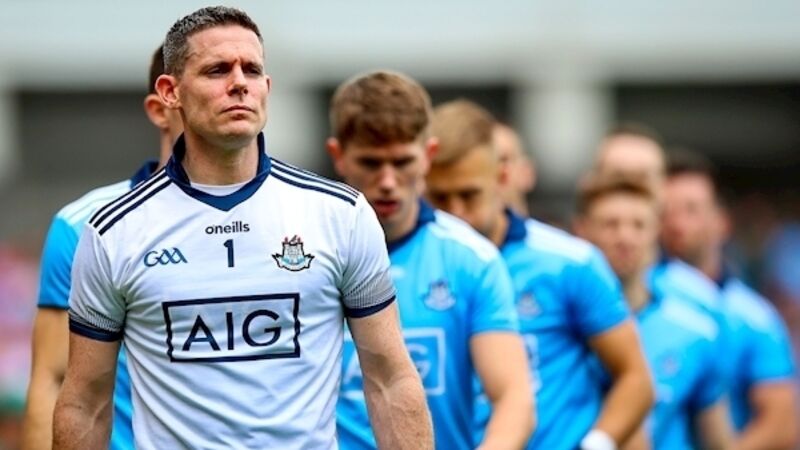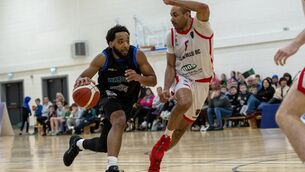Dubs will abstain from footballer of year vote

If Stephen Cluxton is finally honoured with the Footballer of the Year award on Friday, it will have little or nothing to do with his team-mates.
It’s been a long-held view among Dublin players that when it comes to deciding between two or three of their own, they abstain from the voting process.













